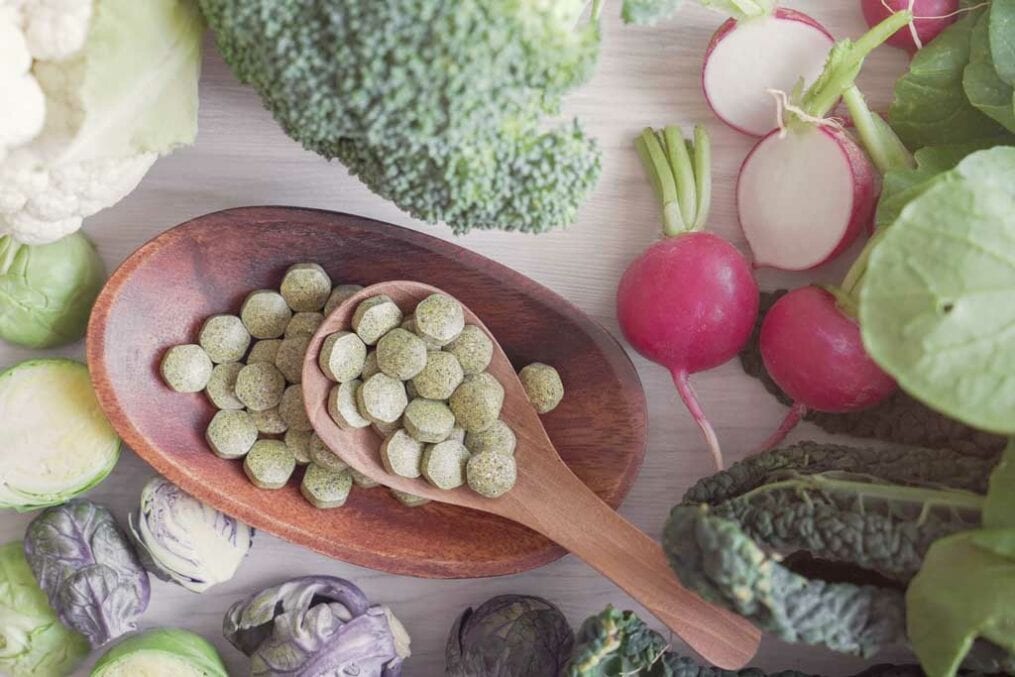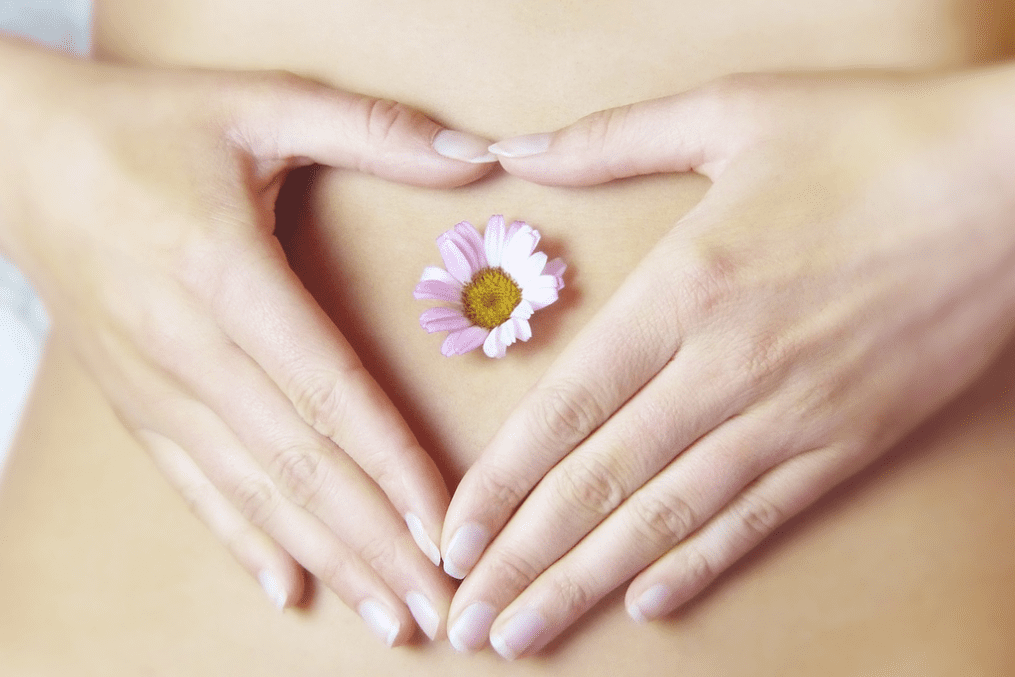Healthy Reports: The latest thinking behind your digestive problems
 Around 20 per cent of people have irritable bowel syndrome (IBS) to some degree. Symptoms include constipation and/or diarrhoea, pain, cramping and bloating. You might also experience lethargy and an irritated bladder, making you need to pass water more often.
Around 20 per cent of people have irritable bowel syndrome (IBS) to some degree. Symptoms include constipation and/or diarrhoea, pain, cramping and bloating. You might also experience lethargy and an irritated bladder, making you need to pass water more often.
And if you’ve noticed it’s your female friends who talk more about their digestive issues, that’s not just a coincidence – women are more likely than men to have IBS. Blame those hormones – some sex hormones make the gut more sensitive and it’s common for symptoms to be worse at certain times in your cycle.
There isn’t one single cause
IBS is what’s known as a functional disorder – an X-ray of the gut would show no obvious problem, although the symptoms are very real. It’s thought that in people with IBS, the gut’s more sensitive, so its normal processes cause symptoms.
But experts still don’t know exactly what causes it. What’s most likely is that a combination of factors contributes. ‘People with IBS have genes that predispose them to the condition, but only develop it if there’s a trigger, such as an infection like gastroenteritis, or overuse of antibiotics or certain drugs, typically anti-inflammatories,’ says leading IBS expert Professor Peter Whorwell.
Once it’s developed, you’ll have it forever, although it may come and go at different times in your life (and don’t worry: although it’s debilitating, IBS doesn’t increase your risk of more serious conditions such as bowel cancer). So it’s a question of learning to manage the condition and noticing what sets off symptoms.
Get calm
Psychological factors probably contribute to IBS – people with the condition are more likely to experience anxiety and depression, and it’s thought stress can aggravate symptoms. But, points out Whorwell, it’s hard to know what comes first. It may be that IBS itself makes you more prone to depression and anxiety, as symptoms can be extremely debilitating.
‘In the most serious cases, the pain, disruption and embarrassment caused by the symptoms can make it difficult to work, socialise and have relationships,’ says Whorwell. ‘In one survey, 38 per cent of people with severe IBS said they’d had suicidal thoughts as a result of the condition.’ Whether your emotions cause flare-ups or you find it hard to cope with IBS, it’s worth trying calming techniques such as meditation, yoga or tai chi.
Pick the perfect yoga class for YOU with healthy’s expert guide
Tackle the FODMAP factor
FODMAPs are complex carbohydrates that aren’t easily absorbed, so ferment in the gut, which can cause problems in an oversensitive bowel. Fructose (a natural sugar found in fruit and vegetables) and lactose (milk sugar) are two examples, and some people with severe IBS do well in avoiding foods highest in FODMAPs – including apples, pears, broccoli and milk.
A word of warning, though: the low FODMAPs plan is very restrictive, so, while it can be transformative if you have severe IBS, it’s not something to embark on lightly. Ask your GP to refer you to a dietitian, who can help you follow it without missing out on nutrients.
Cut down on fibre
Been loading up on prunes and whole grain bread to help your constipation? Unfortunately, for many people with IBS, eating a high-fibre diet can worsen the condition. ‘Cereal fibre is the worst offender,’ says Professor Whorwell – so try cutting that out for three months to see if it helps. Avoid brown bread, all breakfast cereals (apart from Rice Krispies), crispbreads, digestive biscuits, and anything made with wholemeal flour, including wholewheat pasta, oats, rye and cereal bars. Instead, opt for white bread and pasta and cream crackers. It may not be what you think of as ‘healthy’, but eating like this eases symptoms significantly in up to two-thirds of people with IBS.
Try gut-soothing supplements
Probiotics – which help replenish levels of friendly gut bacteria – can really help. ‘But different types work for different people, so it’s a question of trying a few and finding out what helps you,’ says Whorwell. It might also be worth stocking up on peppermint oil, which can help ease spasmodic cramps.











